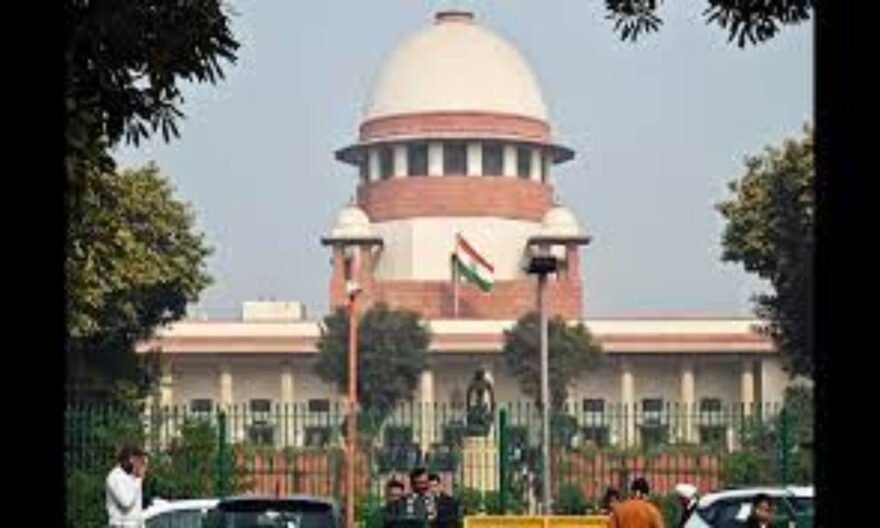
The Supreme Court recently took into an intriguing question concerning Hindus: Would an illegitimate child born from a void or voidable marriage have rights to their parents’ property or coparcenary rights over Hindu Undivided Family (HUF) properties?
Some counsel suggested that under Section 16(3) of the Hindu Marriage Act, 1956, such a child would be entitled to an equal share in the parental property, along with the legitimate children. However, doubts were raised about whether this property includes the parent’s self-acquired or inherited ancestral property.
Even after day-long engrossing arguments, when a bench of Chief Justice DY Chandrachud, and Justices JB Pardiwala and Manoj Misra intended to reserve the verdict, several counsels desired to place their submissions on this issue, forcing the court to schedule further hearings on Thursday.
A trial court in Karnataka, in 2005, ruled that children born from illegitimate marriages had no coparcenary rights over ancestral properties of their parents, but a district judge reversed this view.
However, the Karnataka HC ruled that “Section 16(3) of the Hindu Marriage Act makes it clear that illegitimate children only had the right to the property of their parents and no one else. It said that once the HUF/ancestral property is divided on the death of the parent, the illegitimate child can have a share in the portion of the property that accrued to his/her parent, but with a caveat that such a right would emanate only if such parent died without a will”.
When the Karnataka HC’s ruling was challenged before the SC, a two-judge bench referred it to a 3-judge bench on March 31, 2011, and framed the question of whether illegitimate children are entitled to a share in the coparcenary property or whether their share is limited only to the self-acquired property of their parents under Section 16(3) of the Hindu Marriage Act?
In 2011, the bench stated, “The court must remember that the relationship between the parents may not be sanctioned by law but the birth of a child in such a relationship must be viewed independently of the relationship of the parents. A child born in such a relationship is entitled to all the rights which are given to other children born in a valid marriage. This is the crux of the amendment in Section 16(3).”




